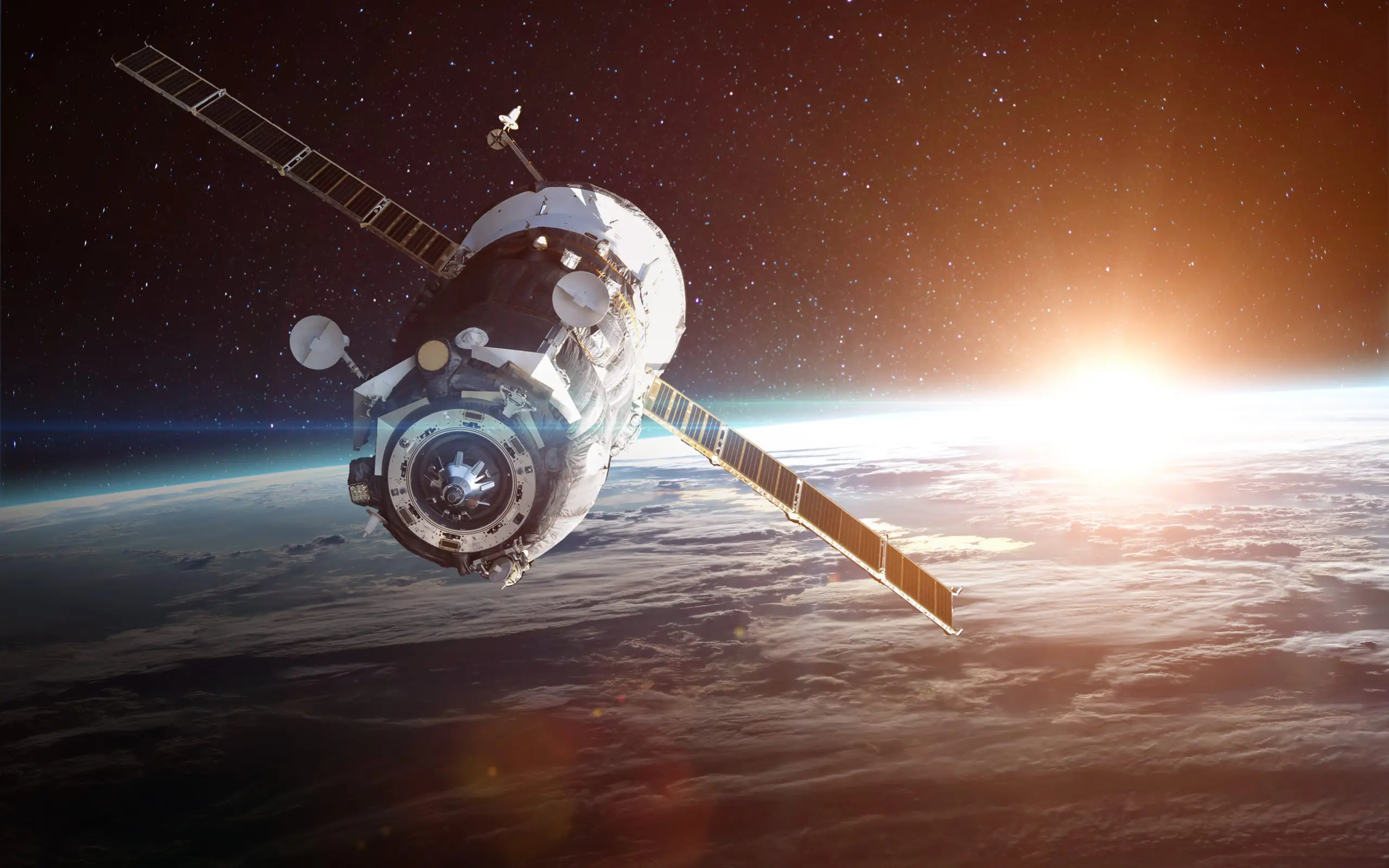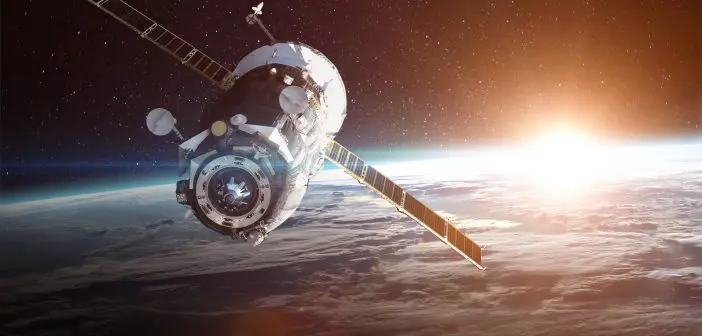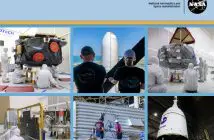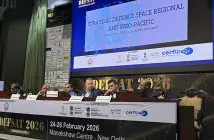
Fresh speculation is again dogging Boeing about the potential sale of its space business, including the Starliner programme.
The Wall Street Journal is reporting that new CEO Kelly Ortberg is quietly weighing up the pros and cons of divesting.
Ortberg took the top job at the aerospace manufacturer in August shortly after the failure of Starliner to complete its first human-crewed test flight to the International Space Station. At the time, amid sale talk, he reassured NASA Administrator Bill Nelson that Boeing would stay the course.
Since then, Boeing has reported a USD6.1 billion loss for the three months to September 30, 2024. Cost overruns on programmes such as Starliner, which NASA wants developed as a homegrown alternative to SpaceX’s Dragon spacecraft, contributed to the loss.
In a message to employees following the quarterly loss announcement, Ortberg said Boeing was “saddled with too much debt (USD60 billion)” and needed stabilising.
“We have to be better at understanding and managing the risks on projects more proactively.” He said. “This includes disciplined program and risk management in all phases of the project, including the bid phase.”
The newspaper reports that any sale discussions remain in an early stage and there is no certainty around any deal or whether it will involve some or all of Boeing’s space portfolio.
Boeing is also a partner in United Launch Alliance, the rocket manufacturer whose Atlas V rocket took the crewed Starliner vehicle into space in June. There are separate reports Boeing and its partner, Lockheed Martin, are open to selling that business as well.
“Boeing doesn’t comment on market rumours or speculation,” a company spokesperson told Space & Defense.
Space costs put Boeing under pressure
Despite the high profile, space is a relatively small part of Boeing’s overall business model. Boeing’s core business is commercial aircraft and defence work. Ortberg says those two areas will not be sold. However, he is potentially open to selling non-core businesses units like space. Shortly after becoming CEO, Ortberg fired Boeing’s head of defence and space programmes.
Earlier this month, a Boeing-manufactured Intelsat 33e satellite exploded in space for reasons still to be determined.
Boeing’s space ventures predate the Apollo missions. For many decades, the manufacturer enjoyed a strong reputation and multiple project successes. This included important roles in building Saturn V, the space shuttles, and the now 25-year-old ISS. More recently, Boeing was the prime contractor for the so-far successful Space Launch System (SLS) rocket that is playing a big role in NASA’s Artemis programme.
But Starliner schedule delays and higher testing and certification costs are costing Boeing hundreds of millions of dollars. This includes a USD250 million charge in the last quarter. There is still no date on when NASA might try another crewed test flight. It was deemed too unsafe to bring the first test flight back from the ISS with the astronauts on board. They remain on the ISS until February.
Many say the problems at Boeing started in the 1990s when the focus shifted from engineering excellence to short term profits. Now it has neither and the company is loosing around USD50 million per day.





